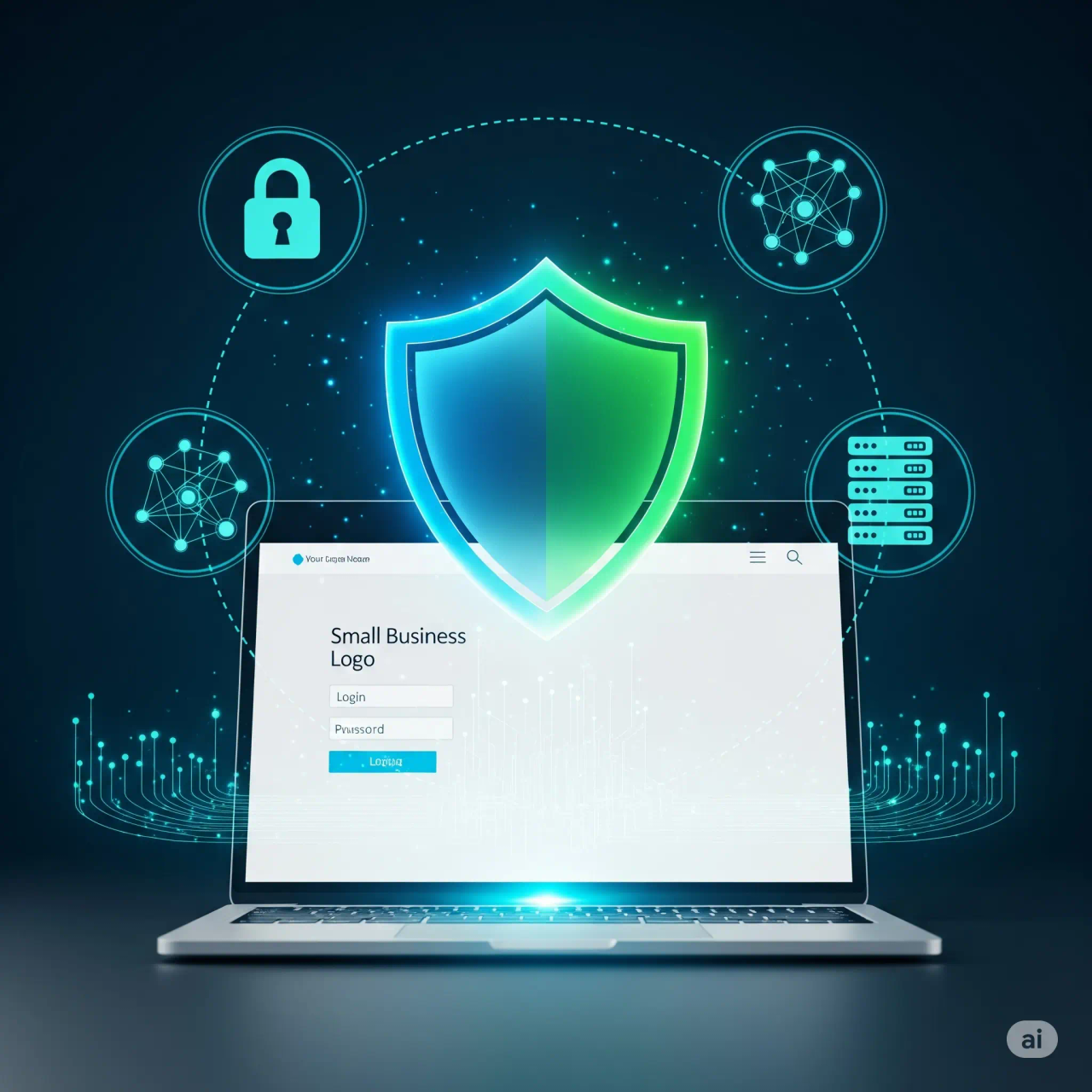
In an increasingly digital world, cybersecurity is a critical concern for businesses of all sizes. For Caribbean small businesses, protecting your website and customer data is essential to maintaining trust and ensuring the long-term success of your company. Let’s explore some key strategies and best practices to enhance your cybersecurity and safeguard your business.
Cyber threats come in various forms, from malware and phishing attacks to data breaches and ransomware. These threats can compromise your website, steal sensitive information, and disrupt your operations. For small businesses, the impact of a cyber attack can be devastating, leading to financial losses, reputational damage, and legal repercussions.
One of the simplest yet most effective ways to protect your website is to keep all software up to date. This includes your content management system (CMS), plugins, themes, and any other applications you use. Software updates often include security patches that address vulnerabilities, so staying current can help prevent attacks.
Weak passwords are a common entry point for cybercriminals. Ensure that all user accounts on your website use strong, unique passwords that combine letters, numbers, and special characters. Implement two-factor authentication (2FA) to add an extra layer of security. With 2FA, users must provide a second form of verification, such as a code sent to their mobile device, in addition to their password.
Secure Sockets Layer (SSL) certificates encrypt the data transmitted between your website and your visitors, protecting sensitive information such as login credentials and payment details. An SSL certificate not only enhances security but also boosts your search engine rankings and builds trust with your customers. Ensure your website uses HTTPS by installing an SSL certificate. FiwiWeb Services offers free Let’s Encrypt SSL certificates for all our websites.
Regular backups are crucial for recovering your website in case of a cyber attack or data loss. Schedule automatic backups and store them in a secure, offsite location. This ensures that you can quickly restore your website and minimize downtime if an incident occurs. We offer free daily backups for all our hosted websites.
Implement security monitoring tools to keep an eye on your website for any suspicious activity. These tools can detect malware, unauthorized access, and other potential threats. Regularly review your security logs and set up alerts for unusual behavior.
Cybersecurity is a shared responsibility. Educate your employees about common cyber threats and best practices for staying safe online. Conduct regular training sessions on topics such as phishing, password security, and safe browsing habits. Empowering your team with knowledge can help prevent security incidents.
A web application firewall (WAF) is a security solution that filters and monitors incoming traffic to your website. A WAF can block malicious requests, protect against SQL injection attacks, and prevent other common threats. Implementing a WAF adds an additional layer of protection to your website.
Only grant access to your website’s backend to users who need it. Limit user permissions based on their roles and responsibilities. For example, an editor may only need access to content creation tools, while an administrator requires full access. Restricting permissions reduces the risk of accidental or malicious changes to your website.
Choose a reputable hosting provider that prioritizes security. Look for features such as firewalls, malware scanning, intrusion detection, and regular security updates. FiwiWeb Services offers secure hosting solutions with advanced security measures to protect your website and data.
Having a comprehensive cybersecurity plan in place is essential for responding to incidents effectively. Your plan should include procedures for identifying, mitigating, and recovering from cyber threats. Assign roles and responsibilities, establish communication protocols, and regularly review and update your plan to address new risks.
At FiwiWeb Services, we understand the importance of cybersecurity for Caribbean small businesses. Our hosting solutions come with robust security features to safeguard your website and customer data. From SSL certificates and regular backups to security monitoring and firewalls, we’ve got you covered.
Ready to enhance your cybersecurity and protect your business? Let’s build a secure future together!